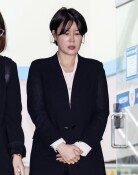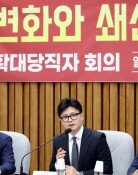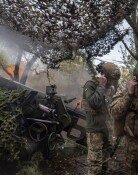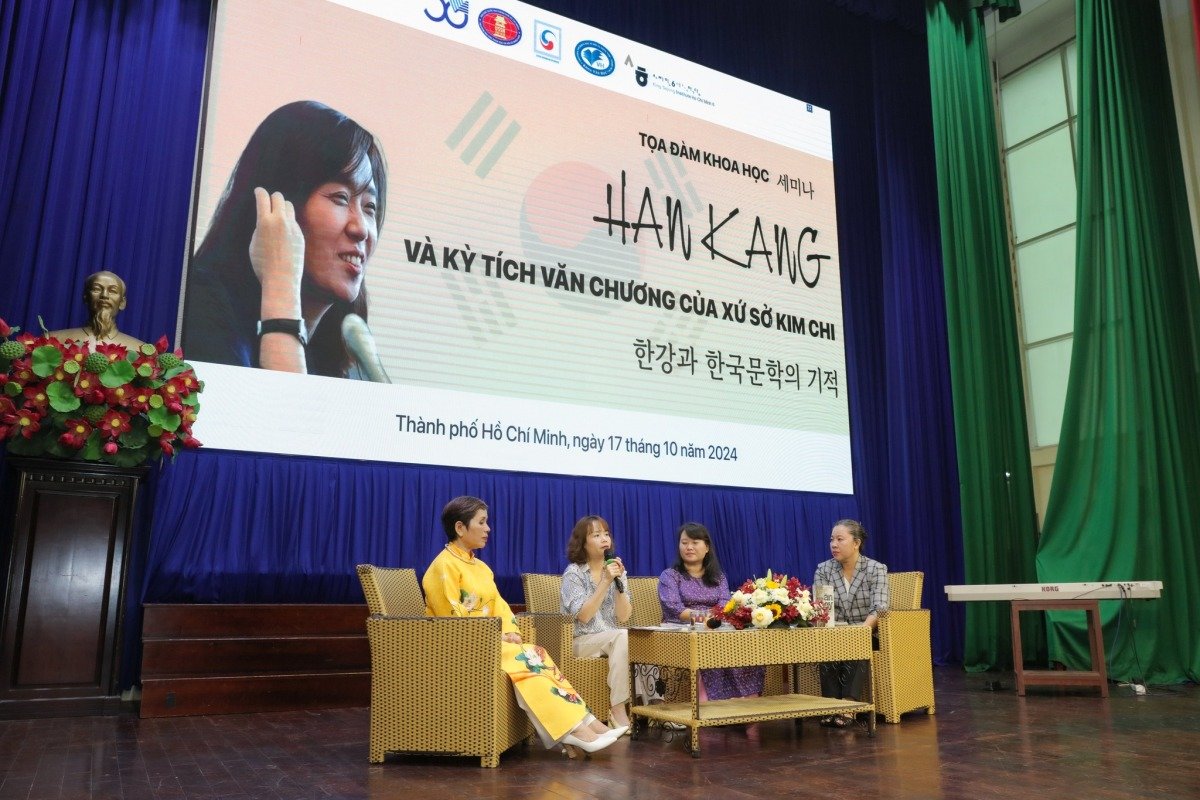[Editorial] We must improve national research institutes
[Editorial] We must improve national research institutes
Posted December. 05, 2000 20:59,
The calls are increasingly vocal for improvements in our national policies research institutes, which are now plagued by internal discord and operational irregularities. In some cases, their function as research institutes has actually been paralyzed due to arbitrary operation and irrational management.
In the case of the Korea Institute for National Unification (KINU), its research staff is calling for the resignation of director Kwak Tae-Hwan due to his recent slurs against a particular region as well as his incomprehensible personnel administration.
Korea Institute of Curriculum and Evaluation (KICE) has a similar problem. Kim Sung-Dong, unofficially known as the new KICE president, has met serious opposition from related organizations like the Korean Federation of Teachers' Organizations (KFTO) and Korean Teachers and Educational Workers' Union (KTU) because of his personal character and unreasonable policy initiatives during his time at the Ministry of Education. Both the KFTO and the KTU are calling for the nullification of Kim's designation for the post.
The list does not stop there. Choi Choong-Ok, president of the Institute for Development of Youth, is also facing opposition from its research staff for Choi's use of foul language against them early this year. Han Sang-Jin, president of the Academy of Korean Studies (AKS) is now under pressure from people both inside and outside of the AKS to resign from office due to controversies over the extension of his tenure as well as his unsatisfactory handling of the issue of recovering Yi Dynasty royal documents seized during the French invasion in the 19th century. In addition, some heads of national institutes had to leave office before the expiration of their terms of office for their involvement in unlawful personnel appointments or embezzlement of public funds.
Behind most of these controversial cases lies the fact that the presidents now in conflict with their staff were politically appointed by the administration. They lacked the moral caliber and expertise to head and lead their research staff, who are mostly doctoral degree holders. This gave rise to internal conflicts as well as reducing their will to do research. These cases have striking similarities with the administration's high-handed appointment of presidents of public corporations, which has invariably resulted in the failure of structural reforms and overall business mismanagement.
Against this backdrop, we can hardly deny the fact that the government should assume a big share of the responsibility for the recent crisis in our national research institutes. The administration may be erroneously using these positions to make political gains rather than aiming to achieve greater accomplishment in research.
In the same vein, we must review the criticism that their research is by and large geared to placate the administration's interests. There were recent cases of disciplinary measures being taken against their research because it embarrassed or offended the administration's policy stand.
For instance, a research member of the Korea Institute for Health and Social Affairs, an affiliate of the Prime Minister's Office, wrote a critical paper on problems with various public pension funds, including the national pension fund, in order to publish it in its periodical. This caused outright cancellation of the periodical's publication.
The rationale for having national research institutes is to assist the government with the formulation of better policies through research and policy recommendations. To retain such a proper function, we need to revamp our national research institutes.
Most of all, this calls for just appointments of heads and research staff at the institutes, which must be transparent enough to make them acceptable to all the parties concerned. In particular, the heads of the state-run research institutions must be appointed by a person who holds wide recognition in terms of credentials, experience and moral caliber. In addition, periodic and regular evaluations of their research results or any national development projects they recommend must be conducted in order to determine whether they are worthy of the budgetary outlays. A mid-term evaluation of their heads' performances would be another viable method to accomplish this aim.
Headline News
- Presidential Office signals possible offensive weapons aid to Ukraine
- N. Korea reportedly prepares military balloon attack with Russia
- Medical associations join bipartisan talks on expanding medical school quotas
- Former world No. 1 Ko Jin-young returns to LPGA
- Kakao unveils AI service ‘Kanana’ at 'if Kakao AI 2024'







